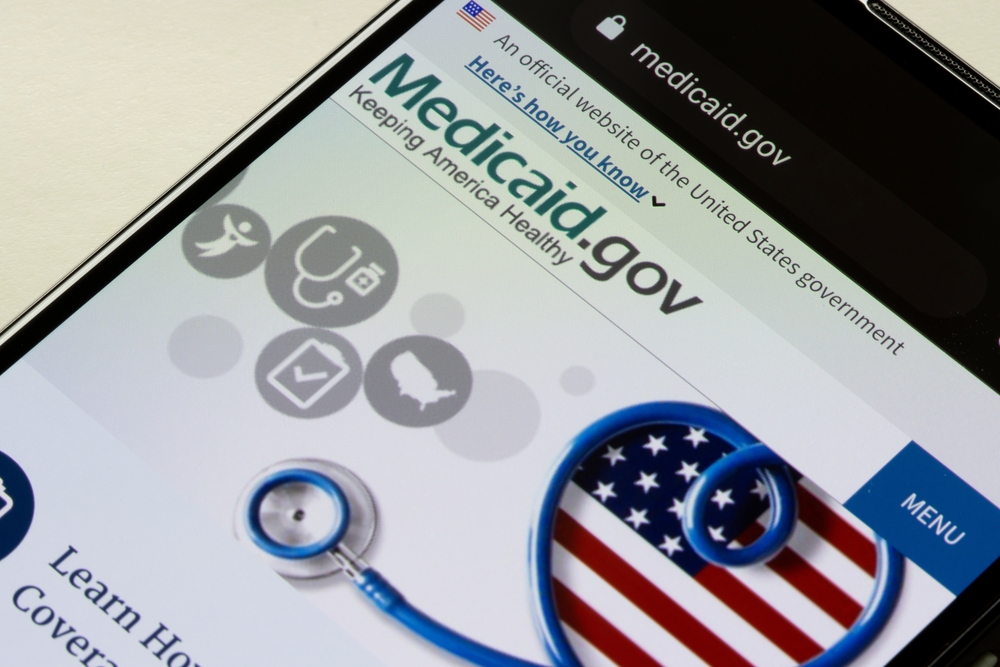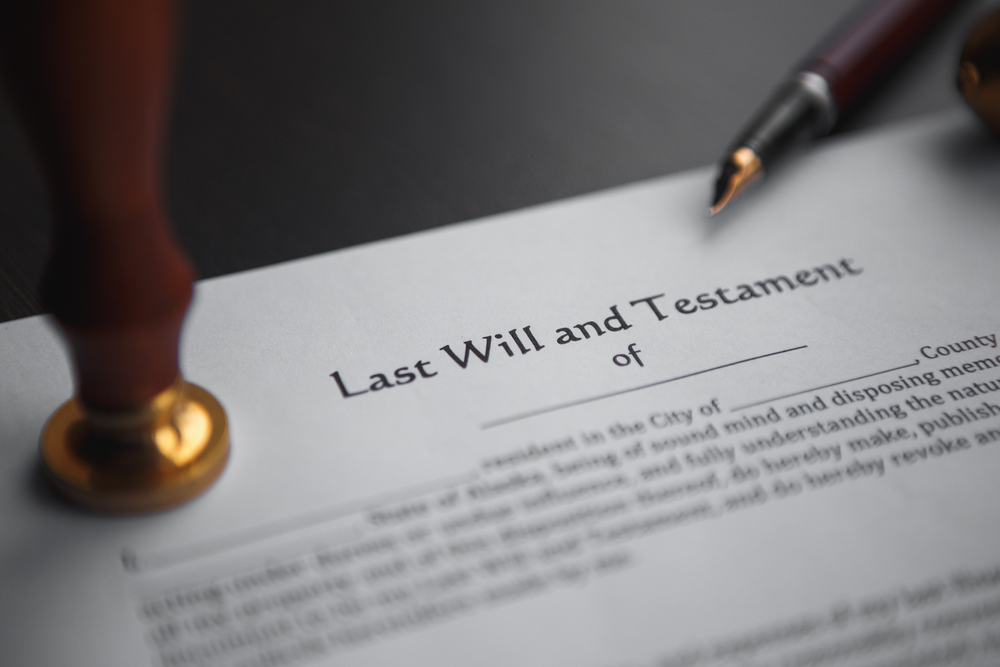

Legal Insight. Trusted Advice.
Latest Newsletters
How to Plan Ahead Before Seeking Nursing Home Care
Many seniors may need the services of a nursing home or at-home care at some point in their lives. You might assume that government assistance or health insurance will step in and cover the cost if you cannot afford these services. Unfortunately, neither health insurance nor Medicare covers long-term care. Long-term care insurance is an important option that should be fully explored, but if it is too expensive, or a person can no longer qualify, then Medicaid could become your only option. Understanding Medicaid Qualification Medicaid coverage is not a given. If you have assets or recently transferred assets, Medicaid…
Read More »Parents of adult children with disabilities know that their child’s disability needs may change over the course of their lifetime. Planning for the future well-being of an adult child with disabilities is, therefore, a responsive, ongoing process. The life expectancy of many adults with disabilities has increased over time. For example, according to research, life expectancy for adults with Down Syndrome rose from 25 in 1983 to 60 in 2020. Those with cerebral palsy, the most common motor disability of US children, may often live into their 50s. The ever-increasing life expectancies of people with disabilities mean that comprehensive special…
Read More »Long-term care insurance can cover nursing home bills, assisted living fees, and in-home care, providing financial support if you require assistance with daily living when you get older. However, it can also be expensive. Determining the best time to buy long-term care insurance can help you manage your finances effectively as you prepare for the future. Many people put off purchasing long-term care insurance until they need it, but by then, it may be too late. Not only do premiums increase as you age, you also may not even qualify for insurance due to your health. The older you are,…
Read More »Ways The Sandwich Generation Can Plan For The Future
Anyone experiencing the struggle of simultaneously caring for children and aging parents is part of the sandwich generation. Although “generation” is part of the phrase, it does not refer to people born at a specific time. Typically, these family caregivers will be in the 30- to 40-year-old age range, providing for their families and balancing care duties between the needs of children and parents. Trends That Led to an Increasing Sandwich Generation The rise in the numbers in the sandwich generation is a byproduct of two influential trends: Women are giving birth later in life, and the senior population is…
Read More »The Achieving a Better Life Experience Act of 2014 (ABLE) accounts offer people with disabilities a great, tax-free way to accumulate money without jeopardizing their qualifications for Supplemental Security Income (SSI) and other means-tested programs. Withdrawals are tax-free as long as the money is used for “qualified disability expenses.” For families who have dependents with disabilities, ABLE accounts provide a way to set aside savings money, tax-free, for their loved one. The arguments for starting and maintaining such funds are overwhelming, not least of which is the wide variety of things on which the money can be spent. To build…
Read More »Estate planning is an important consideration for all couples. However, for LGBTQ+ couples (or former couples), it may be more important than they realize to review their circumstances and see whether they have an estate plan that accurately reflects their wishes. In 2015, the U.S. Supreme Court ruled that same-sex couples may exercise the fundamental right to marry in all states and have their marriage recognized by other states. This case also invalidated state laws that excluded same-sex couples from civil marriage on the same terms and conditions as opposite-sex couples. Before this ruling, LGBTQ+ couples could provide for their…
Read More »What to Do If You Lose Your Medicaid Coverage
During the COVID-19 pandemic, states could not take away Medicaid coverage from any residents enrolled in this program. In recent months, this has changed due to the Consolidated Appropriations Act of 2023 and the end of the federal COVID-19 Public Health Emergency declaration. Because the COVID-19 Public Health Emergency lasted several years, some Medicaid enrollees have not undergone eligibility review since prior to 2020. Others, who may have joined Medicaid during the pandemic, have never been through the renewal process. If you are on Medicaid, be sure to take some time to understand whether your coverage may be at risk.…
Read More »What Happens If You Die Without a Will?
Last Will and Testaments determine who gets an individual’s assets upon death. Generally, people can use wills to pass their estate to whomever they wish. Although state laws impose some restrictions, such as preventing married people from disinheriting their spouses without consent, testators can distribute their assets to chosen individuals, such as family, friends, stepchildren, and godchildren, as well as to charities. Those who die without a will — in other words, who die intestate — cannot distribute their money and possessions according to their unique wishes. When this happens, state laws take effect to determine who receives the estate.…
Read More »Are Wills Public Record?: Estate Planning Q&A
Wills contain important information about who receives money, possessions, and property upon a person’s death. Who can view this information, and is it a public record? Once your will goes through probate, it becomes a public record. The probate court must maintain the will so that the public can access it. Anyone can visit the probate court to view the will, regardless of whether they are an heir or beneficiary. For a fee, they can obtain a copy. In some counties, wills are also available online. Why Are Wills Public Records? Numerous individuals could have a right to receive assets…
Read More »Most long-term care involves assisting with basic personal needs rather than providing medical care. The long-term care community measures personal needs by looking at whether an individual requires help with basic activities. ADL Meaning ADLs, or activities of daily living, are six basic activities that most people do every day without assistance. ADLs are important to understand because they are used to gauge an individual’s level of functioning. This, in turn, determines whether the individual qualifies for assistance like Medicaid or has triggered long-term care insurance coverage. What Are the 6 ADLs? The six ADLs are generally recognized as: Bathing.…
Read More »










